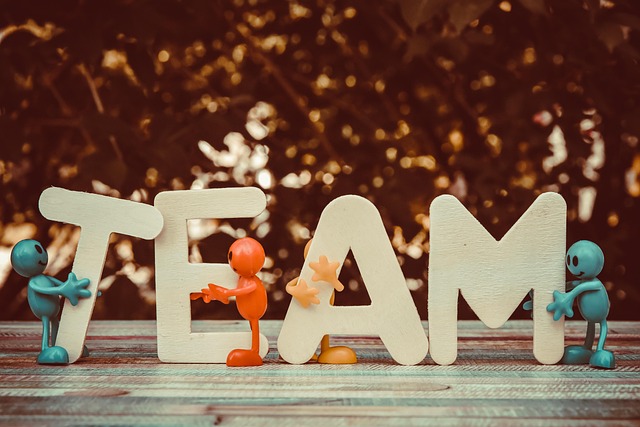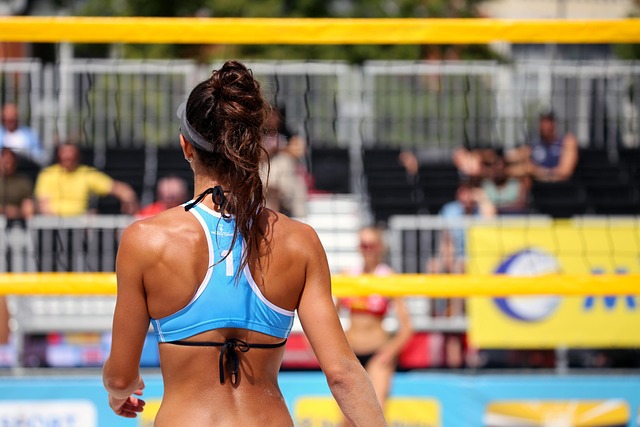In the fast-paced world of eSports, where every millisecond counts and every decision can lead to victory or defeat, the concept of team cohesion plays a pivotal role in a team’s success. Unlike traditional sports, where the physical presence and teamwork can be felt on the field, eSports demand a different kind of synergy—a mental connection that transcends the screen.
When you think of games like Dota 2, League of Legends, or Counter-Strike: Global Offensive, it’s evident that individual skills count, but without team cohesion, those skills may go untapped. The best teams aren’t just a collection of talented players; they represent a cohesive unit that shares a vision, strategies, and an understanding of each other’s playstyles. In these high-stakes environments, the bond between teammates becomes as crucial as their gaming skills.
Imagine sitting in a virtual room with your team, preparing for an upcoming tournament. The atmosphere is charged with excitement but also tension. In those moments, the relationship you’ve built with your teammates can help navigate stress and improve performance. The trust cultivated through practice, mutual respect, and shared goals transforms a group of players into a true team. This team cohesion allows for better communication and strategic execution, which is essential in eSports where split-second decisions dictate the outcome of matches.
Moreover, the emotional side of team cohesion cannot be overlooked. In eSports, players often face immense pressure, and having a supportive team can make all the difference. Whether it’s sharing a laugh over a past blunder or discussing strategies late into the night, these interactions build friendships that extend beyond the virtual battlefield. These connections lead to a supportive environment making it easier to bounce back from defeats and celebrate victories together.
In addition, team cohesion fosters an atmosphere for personal growth. As players learn from one another, they not only sharpen their skills but also develop a deeper understanding of the game. This learning process is invaluable in titles that require teamwork. Characters and roles in games frequently depend on strategic dependencies, and with strong team cohesion, players can better adapt to these roles and their evolving dynamics during gameplay.
Creating team cohesion isn’t without its challenges. Conflicts may arise, and misunderstandings can create rifts within a team. However, the true test of a team lies in its ability to overcome these hurdles. The best eSports teams employ game strategies that pivot around resolving conflicts constructively, ensuring that their focus remains on the common goal: winning. This resilience is what separates great teams from good ones. It’s a testament to how a unified front can face adversities, both on and off the gaming stage.
As eSports continues to gain traction globally, understanding the impact of team cohesion becomes paramount. Not only does it influence the day-to-day interactions of players, but it also shapes the very future of competitive gaming. As more gamers flock to team-based titles, the importance of building solid relationships and fostering a cohesive team culture will remain essential. Ultimately, it is this bond that will turn aspiring players into champions.




